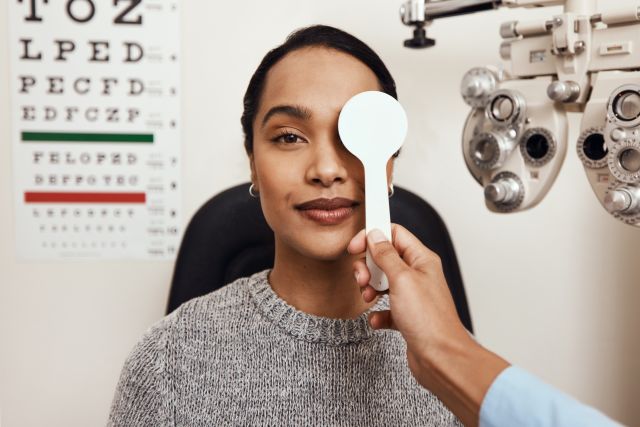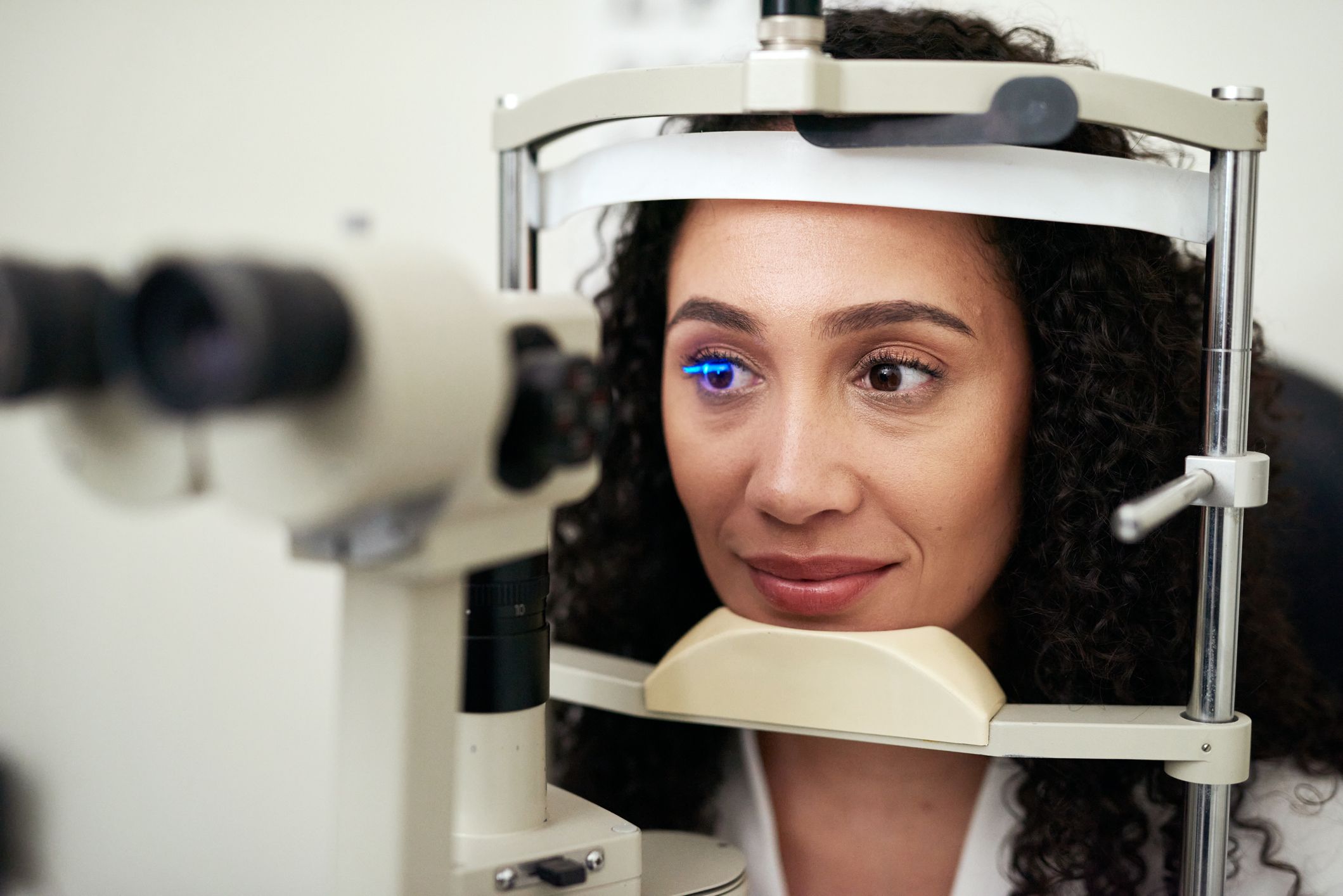At certain points in your life, it's important to have your eyes examined by an eye care professional -- even if your eyes feel fine and there doesn't seem to be a cause for concern. Some eye diseases are virtually symptomless until you start to lose vision. So regular vision screening can help you address problems before they become major issues.
Here's what the American Academy of Ophthalmology (AAO) recommends for each stage of life:
Baby and Toddler Time: It's easy for vision problems to go undetected in very young children, so their eyes should be examined by a pediatrician during regular checkups. Once a child turns 3 years old, she can have her vision tested, too. And always alert the doctor if you notice any abnormalities, like droopy eyelids, crossed eyes, or a lazy eye.
Childhood and Teenage Years: Kids and teenagers between the ages of 3 and 19 should have their eyes checked by the family doctor at least once every 2 years during regular checkups.
Young Adult Era: Aim to get at least one complete eye exam between the ages of 20 and 29, and at least two complete screenings between the ages of 30 and 39.
Forty-Plus Period: All adults should get a baseline screening for eye disease by age 40, regardless of whether any symptoms or risk factors for eye problems are present. The AAO chose this age because it represents the time when age-related changes in vision and the earliest signs of eye diseases can be detected. Super important because catching and treating problems like glaucoma, cataracts, and diabetic retinopathy early can help minimize vision loss. And because the eyes can be a window into overall health, a thorough eye exam may also unearth other problems that can rear up at this age, such as diabetes and high blood pressure. How often you get follow-up screenings will depend on your test results, medical conditions, and other factors, such as your eye-health history.
Seniors and Beyond: Seniors 65 and older should have their eyes examined every 1 to 2 years to screen for common later-in-life vision problems like cataracts, glaucoma, diabetic retinopathy, and age-related macular degeneration. Regardless of when your next scheduled appointment is, always promptly see your eye doctor if you experience any eye pain or changes in your vision, see spots or flashes of light, or suffer from chronically dry or irritated eyes. (Parched peepers? Get advice here on what to do.)
What Works for You?
These screening intervals won't apply to everyone. If you've had any eye problems in the past, your doctor will probably want to check you more frequently. And certain risk factors for eye disease -- such as high blood pressure, diabetes, or a family history of eye problems -- typically mean more frequent screening as well. So work with your eye care professional to determine the screening schedule that's right for you.
And if you wear glasses or contacts, you'll need your vision tested at regular intervals, too.
Take the next step: Find out what to expect at your vision exam.
Medically reviewed in June 2019.





